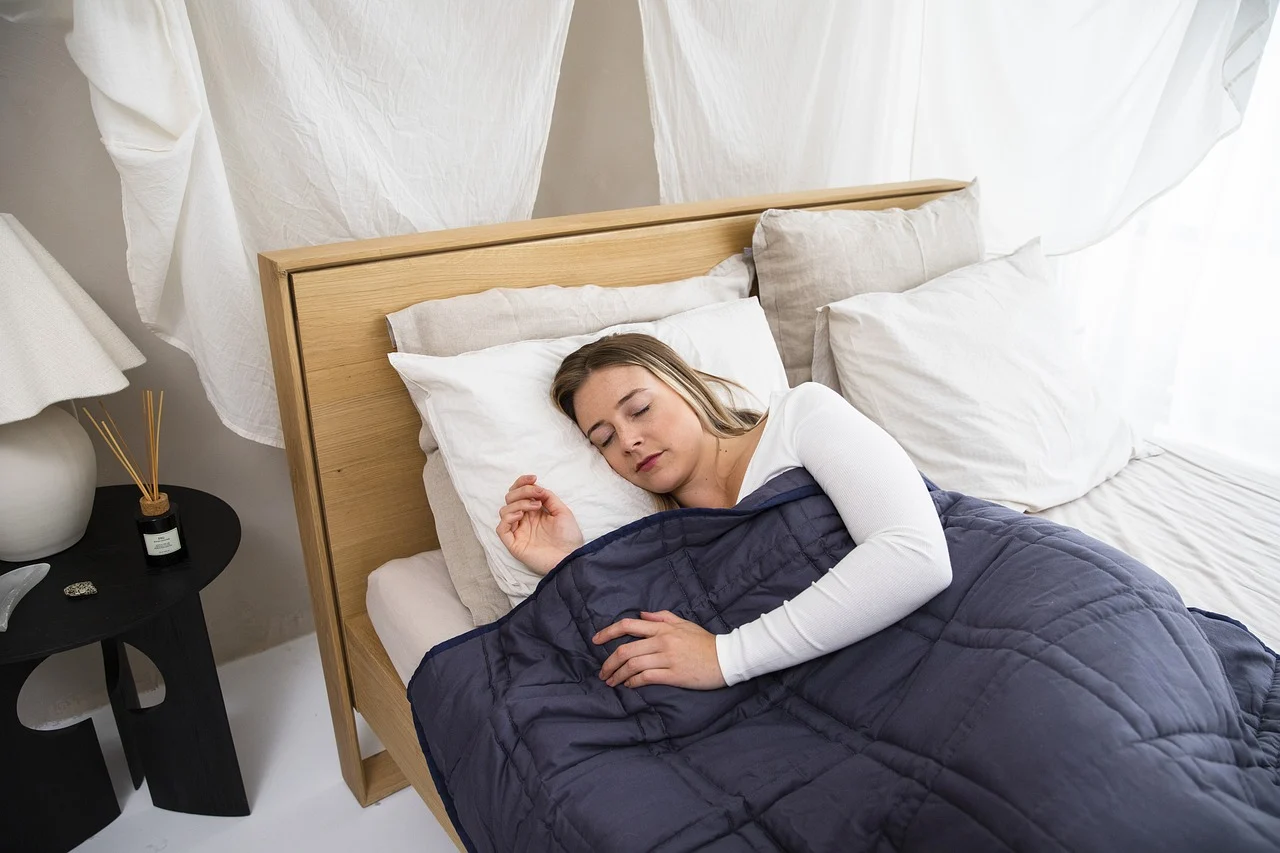Alive Blog
Who are the culprits?
8 common reasons for poor sleep
8 reasons for poor sleep. Truth to be told, there are many more reasons why your sleeping quality is poor. Sleep is a vital aspect of our overall well-being, contributing to physical health, cognitive function, and emotional well-being. However, many individuals struggle with poor sleep, which can have a significant impact on their daily lives. In this blog post, we will explore eight common reasons for poor sleep and shed light on potential factors that may be disrupting your sleep patterns.

Stress and Anxiety
Persistent stress and anxiety can interfere with the ability to fall asleep and maintain a restful sleep throughout the night. Racing thoughts, worries, and a hyperactive mind can make it challenging to achieve a calm and relaxed state necessary for quality sleep.
Poor Sleep Hygiene
Inconsistent sleep routines, excessive exposure to electronic devices before bed, and a disruptive sleep environment can all contribute to poor sleep hygiene. Establishing a consistent sleep schedule, creating a conducive sleep environment, and adopting a relaxing pre-bed routine are essential for promoting healthy sleep.
Unhealthy Lifestyle Habits
Certain lifestyle habits can negatively impact sleep. Excessive consumption of stimulants like caffeine or nicotine, irregular exercise patterns, and a diet high in processed foods can disrupt sleep quality. Adopting healthier habits can contribute to better sleep.
Medical Conditions
Various medical conditions can disrupt sleep patterns. Examples include sleep apnea, restless legs syndrome, chronic pain conditions, and hormonal imbalances. Identifying and managing these underlying medical conditions can greatly improve sleep quality.
Environmental Factors
External factors such as noise, light pollution, uncomfortable bedding, or an unsuitable room temperature can disturb sleep. Creating a sleep-friendly environment by using earplugs, blackout curtains, comfortable bedding, and optimizing room temperature can enhance the quality of sleep.
Poor Sleep Routine
An irregular sleep schedule or frequent changes in sleep patterns can disrupt the body’s internal clock, known as the circadian rhythm. Maintaining a consistent sleep routine, including consistent wake-up and bedtime, can help regulate the sleep-wake cycle.
Excessive Technology Use
In today’s digital age, technology has become an integral part of our daily lives. However, excessive use of electronic devices, particularly before bedtime, can significantly disrupt our sleep patterns. Here are a few key reasons why technology use can interfere with a good night’s sleep:
Blue Light Exposure: Electronic devices such as smartphones, tablets, and computers emit blue light, which can suppress the production of melatonin, the hormone that regulates our sleep-wake cycle. The blue light mimics natural daylight, signaling to our brain that it’s still daytime and making it harder for us to wind down and fall asleep. This can lead to difficulties in initiating sleep and disrupted sleep patterns.
Too much stimulation: engaging with technology before bed, such as browsing social media, playing video games, or watching stimulating content, can keep our minds active and alert. This mental stimulation can make it harder to relax and transition into a state of calmness necessary for quality sleep.
Emotional Engagement: Social media platforms and online content can evoke various emotions, including excitement, stress, or anxiety. Engaging with emotionally charged content before bed can lead to increased arousal and emotional activation, making it more challenging to wind down and enter a peaceful sleep state.
Coping strategies
To mitigate the negative effects of technology on sleep, consider implementing the following strategies:
Establish a “Device-Free” wind-down routine; limit screen time before bed; enable night mode or blue light filters; create a sleep-friendly environment.
Achieving restful and rejuvenating sleep is crucial for overall health and well-being. By understanding and addressing the common reasons for poor sleep, such as stress, poor sleep hygiene, lifestyle habits, medical conditions, environmental factors, irregular sleep routines, excessive technology use, and psychological factors, individuals can take proactive steps towards improving their sleep quality. Prioritizing sleep and adopting healthy sleep habits can lead to more restful nights and more energized, productive days.
Disclaimer: This blog post is for informational purposes only and should not be considered medical advice.
Dr. Edoardo Elisei DC
Alive Chiropractic LTD
alivechiropractic.co.uk
1C Crown Gate Square
POUNDBURY
07/07/2023
A collection of informative and engaging videos that offer visual insights into the world of chiropractic care. Visual content is a powerful tool for education and empowerment, allowing you to deepen your understanding of chiropractic principles, techniques, and the benefits of maintaining a healthy spine.

Chiropractic techniques
Chronic lower back pain is one of the most common musculoskeletal conditions causing disability and absence from work worldwide.

What is pain?
Sometimes, neck pain can be accompanied by radiating pain towards the shoulder blade or – in some cases – towards the arms.

How often should I see my chiropractor?
If you suffer from frequent headaches or migraines, chiropractic care can provide effective relief.






















